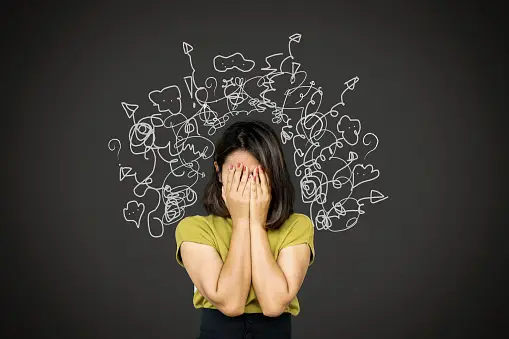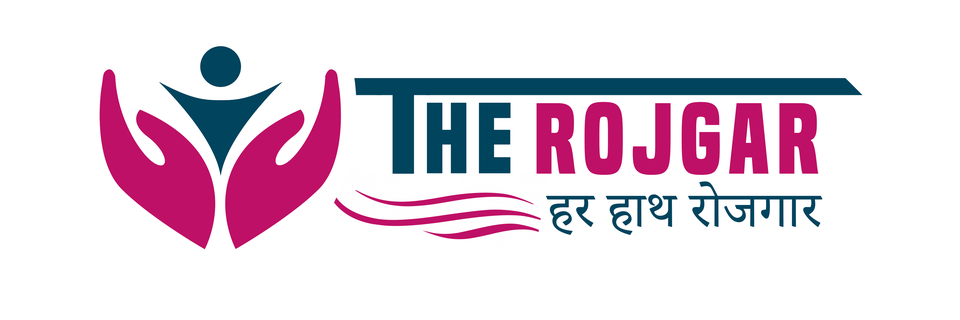Anxiety in the Digital Age: Social Media’s Role in Our Mental Health

Social media has become a crucial aspect of our everyday lives in the fast-paced digital world of the twenty-first century, significantly influencing the way we engage, communicate, and view the world. Social media platforms provide unprecedented accessibility and information availability, but they also have drawbacks. A growing body of research indicates a connection between using social media and mental health problems, especially anxiety. In the digital age, social media and anxiety have a complex relationship. This essay explores the ways in which these platforms affect our mental health and provides guidance for navigating this challenging landscape.
Understanding Anxiety in the Digital Age
Anxiety disorders, which impact millions of people worldwide in all age groups, are among the most common mental health diseases. Anxiety takes on new dimensions in the digital era, when continual connectivity and information overload are the norm. Social media’s instantaneous nature encourages a culture of perfectionism, comparison, and FOMO, which can heighten insecurities and feelings of self-doubt. Furthermore, the constant onslaught of notifications, news, and updates can exacerbate feelings of overwhelm and sensory overload, exacerbating anxiety symptoms.
The Impact of Social Media on Mental Health
Studies have repeatedly shown how excessive social media use negatively impacts mental health, with anxiety emerging as a major concern. The carefully chosen information that people post on social media, where they frequently display idealized versions of their life, is one of the main causes of worry. This leads to users feeling inadequate and unreal expectations being set. Regular exposure to these meticulously constructed pictures and stories can damage one’s sense of self and encourage comparison, which can increase anxiety and self-doubt.
Additionally, the widespread use of social media amplifies the problem of social comparison, which can lead to emotions of inferiority, insecurity, and envy. Users may experience a distorted perspective of reality and heightened anxiety as a result of continuously comparing their life to the seemingly wonderful lives of others. Furthermore, anxiety can be made worse by the worry of missing out on significant occasions or experiences that are highlighted on social media feeds. This can also lead to a feeling of social alienation and detachment.
The Role of Algorithms and Engagement Metrics
Algorithms are crucial in the digital ecosystem because they determine how we interact with content by giving preference to material that provokes strong emotions or encourages extended interaction. Although the goal of these algorithms is to optimize user engagement and platform utilization, it is possible for them to unintentionally exacerbate anxiety and discomfort. The constant barrage of content catered to personal tastes and actions can lead to echo chambers and filter bubbles, which amplify narratives that cause fear and reinforce preexisting ideas.
Furthermore, the constant search for likes, comments, and followers on social media sites can feed a vicious cycle of validation-seeking behavior in which people associate popularity and approval ratings with their own value. Users may experience increased anxiety and feelings of inadequacy as a result of this constant need for validation, since they become more and more preoccupied with upholding a positive online persona and looking for approval from others.
Strategies for Managing Social Media-Induced Anxiety
Although the predominance of anxiety brought on by social media poses a significant difficulty, there are a number of tactics people can use to lessen the negative effects it has on their mental health:
Mindful Consumption:
Limit your exposure to information that triggers you, set boundaries for how much time you spend on social media, and schedule regular breaks to unplug and refuel.
Develop Self-Compassion:
Reframe negative self-talk with love and understanding. Acknowledge that social media frequently portrays a false reality.
Curate Your Feed:
Remove accounts that encourage emotions of inadequacy or inadequacy from your social media feed and include information that encourages optimism, honesty, and diversity.
Seek Support:
If social media-induced anxiety becomes too much to handle or overwhelming, seek out the advice and assistance of friends, family, or mental health specialists.
Take Part in Offline Activities:
Make time for hobbies and offline pursuits that make you happy and fulfilled. You can also develop deep relationships with people that you won’t find on social media.
Engage in Digital Detox:
Take occasional breaks from social media and technology to allow yourself to re-establish a connection with the present and rejuvenate your mind.
Conclusion:
In summary, anxiety in the digital era is a complicated and diverse issue, and social media has a big impact on how we feel about our mental health. Social media platforms increase emotions of worry, inadequacy, and social comparison while providing unmatched connectivity and information availability. As a result, they also pose inherent threats to our mental health. We may work to foster a healthier connection with technology and prioritize our well-being in the digital era by being aware of the impact social media has on our mental health and implementing techniques to lessen its detrimental impacts.








